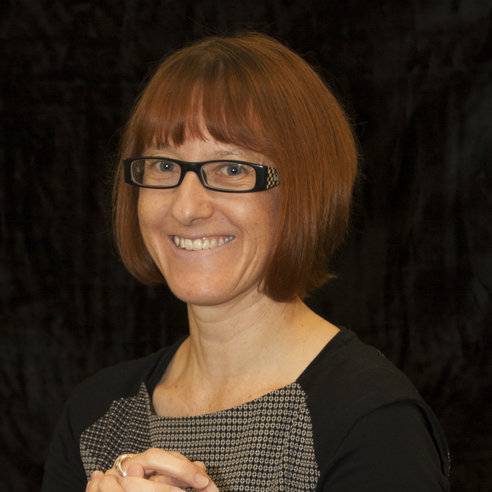Background: Accessing the digital world and usage of digital devices such as smartphones, tablets, and computers are ever increasing in today’s highly technological world and their addictive use is becoming ever more present. There is a paucity of research investigating how people view digital addiction. Do people perceive digital addiction as just a part of the modern world we live in and not a problem, or is digital addiction seen as a serious issue that needs fixing. This research aimed to investigate student perceptions of digital addiction. Specifically to:
– Develop a Q-set that represents the concourse of ‘what is thought and said’ about digital addiction.
– Identify the variety of subjective viewpoints held by students.
Method: Q-methodology was chosen due to it being designed to identify the range of subjective viewpoints on a socially debated topic. In developing the Q-statements for the current project a wide variety of sources were consulted (e.g. newspapers, academic articles, blogs, YouTube). Thirty-three students from the University of Leeds participated (mean 21.85 years of age; n=23 female, n=10 male; n=4 PhD, n=6 Postgraduate, n=23 Undergraduate). The average modified Internet Addiction Test score was 34.24 (n=16 mild, n=14 normal, n=3 moderate, n=0 severe). Data was collected during August 2016.
Results: The project is currently ongoing. The poster will present the process of developing the Q-set (a final of 52 statements were included in the sorting task). Preliminary findings of the Q-sorts suggest that there is heterogeneity across the sample; students differ in how they rate individual statements. The poster will reflect on the distinct viewpoints identified and similarities/differences in the characteristics of participants who are exemplars of the distinct viewpoints.
Conclusion: Findings suggest that prevention and/or early-intervention messages designed to reduce problematic use of digital devices would benefit from being targeted according to distinct viewpoints. Future research should focus on investigating the prevalence of the distinct viewpoints in the student population.
Co-Authors
Mr Luke Turner, Dr Bridgette M Bewick, Dr Louise Bryant, Prof Barbara Summers University of Leeds
Conflicts of interest:
Funding Sources: University of Leeds Q-step Summer Internship Programme This project was funded under the University of Leeds Q-step Summer Internship Scheme. The project was run by Professor Barbara Summers and Dr Bridgette Bewick. Luke Turner developed the Q-set and was responsible for collecting all data. Luke Turner and Dr Louise Bryant conducted the data analysis.
The authors have no conflict of interests to declare.
